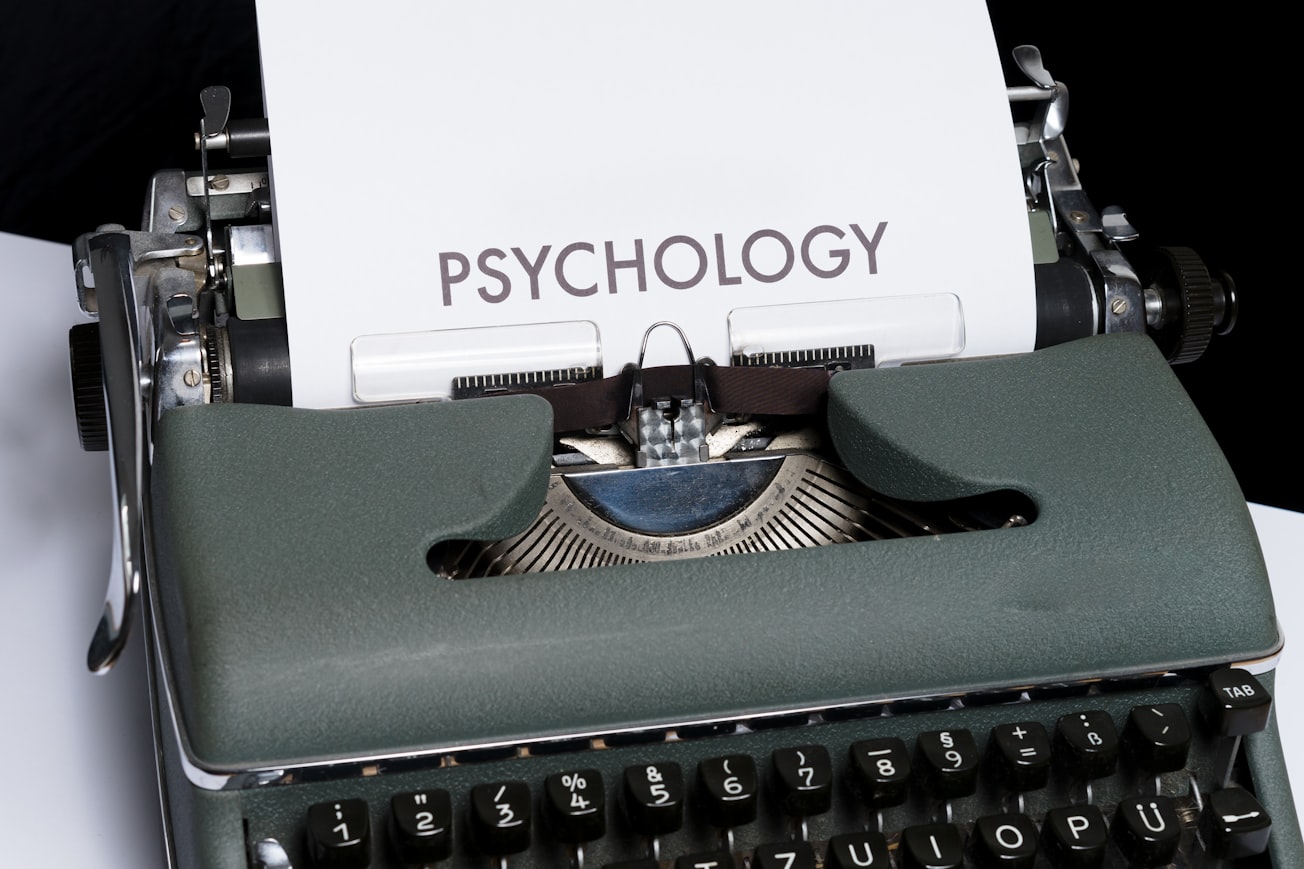What is it about?
A literature review was conducted, including meta-analyses and national guidelines, searching Ovid, PubMed, PMC, CINAHL, EMBASE, Database of Abstracts and Reviews, and the Cochrane Database of Systematic reviews and other online sources. Results from audits of two local Child Developmental Centres are also presented.
Featured Image

Photo by Markus Winkler on Unsplash
Why is it important?
There is a complex relationship between EBD and Neurodevelopmental disorders (NDD) and significant overlap between the roles and skills of CCH and child Mental Health teams. Most young children with EBD first present to the CCH Paediatrician, who are increasingly expected to diagnose and treat these conditions. There are relevant roles for a wide range of professionals including Health Visitors, Nurses, Social workers, Educational specialists, Paediatricians, General practitioners (GP), Speech and language therapists (SALT), Neurologists, Psychiatrists, Psychologists, Support Workers, School Nurses, Neurophysiologists, Dentists, Clinical geneticists, Occupational therapists and Physiotherapists. Psychopharmacological treatment may be considered only in combination with psychological and other environmental interventions.
Perspectives
Childhood EBD with their related NDD have significant negative impacts on children, families and society. They are associated with psychiatric co-morbidity and with poor academic, occupational, and psychosocial outcomes. It is important for professionals to be aware of the range of presentations, prevention and management strategies for these common disorders. Paediatric and psychiatric teams should thus be integrated and co-located to provide holistic diagnosis and management of children with NDD and EBD.
Dr Michael O Ogundele
Mid Cheshire Hospitals NHS Foundation Trust Postgraduate Medical Centre
Read the Original
This page is a summary of: G659 Evidence-based multidisciplinary assessment and management of children and adolescents with neurodevelopmental disorders, May 2019, BMJ,
DOI: 10.1136/archdischild-2019-rcpch.638.
You can read the full text:
Contributors
The following have contributed to this page







